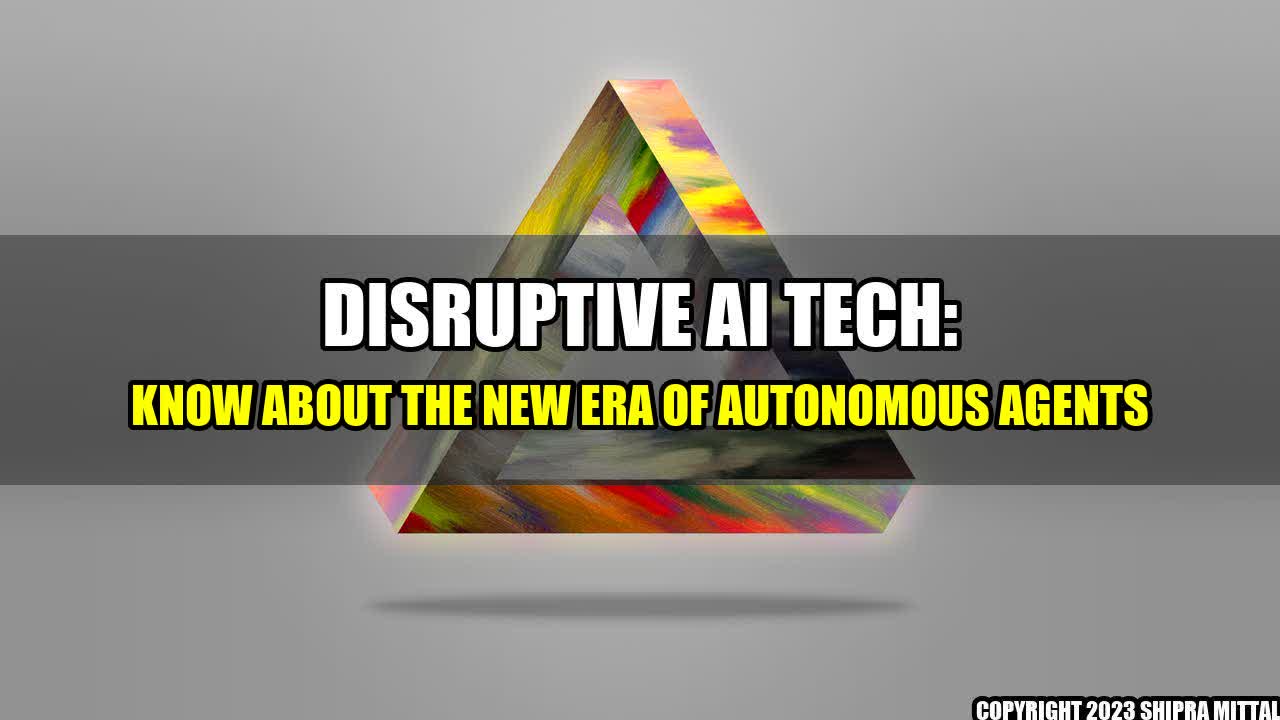It was a typical Tuesday morning when John received a call from his boss telling him that he had been assigned a new task that required him to work with an AI-powered autonomous agent. John wasn't sure what to expect, but he knew he had to adapt quickly to this new technology.
Autonomous agents, powered by artificial intelligence, are becoming more commonplace in various industries from healthcare to finance to manufacturing. These agents, also known as intelligent agents, act on behalf of the user, performing tasks and making decisions based on pre-set rules and learning from past experiences. They can carry out tasks with incredible accuracy, speed, and efficiency, freeing up human workers to focus on more complex and strategic work.
Here are some examples of how autonomous agents are changing the game:
- In healthcare, autonomous agents are used for disease diagnosis, appointment scheduling, and drug discovery. For example, Babylon Health's chatbot can conduct virtual consultations and accurately diagnose common illnesses.
- In finance, autonomous agents are used for fraud detection, customer service, and investment management. For example, the robo-advisor Betterment uses algorithms to create personalized investment portfolios based on user preferences.
- In manufacturing, autonomous agents are used for quality control, predictive maintenance, and supply chain management. For example, Siemens' SIMATIC IT MES system uses AI-powered autonomous agents to streamline and optimize production processes.
As we move towards a future where AI plays a more prominent role in our lives, autonomous agents will become increasingly important. Here are three key takeaways:
- Autonomous agents are a powerful tool for businesses to increase efficiency and cost-effectiveness, but they require careful planning and integration to ensure they work seamlessly with existing processes and systems.
- AI-powered autonomous agents have the potential to transform various industries, from healthcare to finance to manufacturing, and have a significant impact on the future of work.
- While autonomous agents can provide many benefits, it's important to address concerns around job displacement, ethical considerations, and the possibility of AI bias.

Akash Mittal Tech Article
Share on Twitter Share on LinkedIn